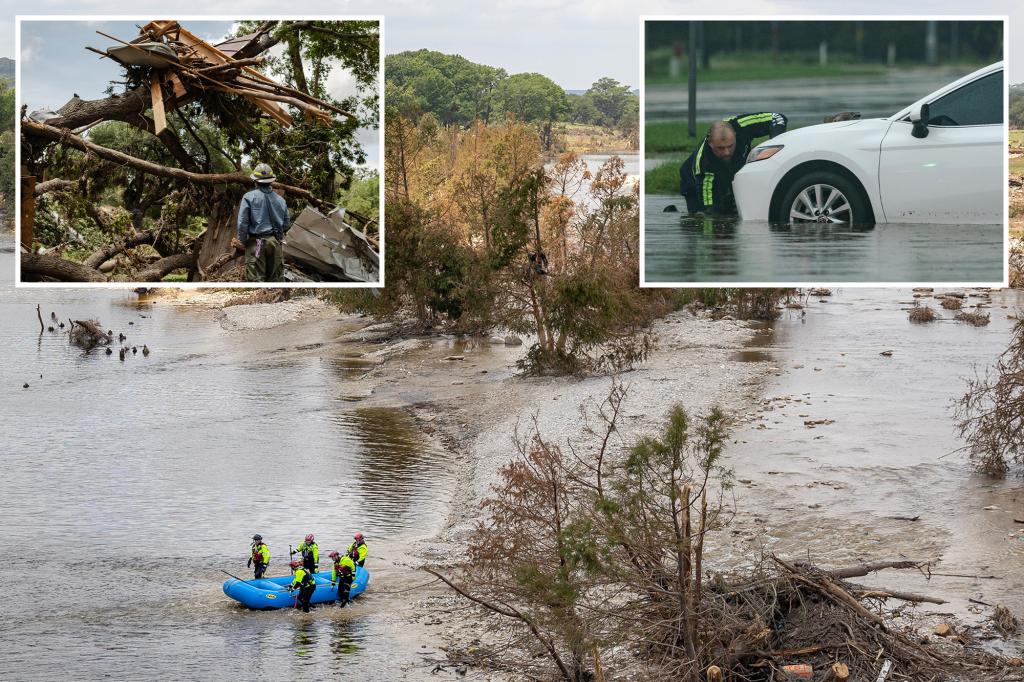Climate Change Impact: A Global Crisis Unfolding
As climate change accelerates, nations worldwide grapple with its profound impacts, from extreme weather events to rising sea levels. Recent studies highlight that 2023 is set to be one of the hottest years on record, prompting urgent calls for action. The Intergovernmental Panel on Climate Change (IPCC) warns that immediate measures are necessary to mitigate catastrophic outcomes.
The Alarming Statistics Behind Climate Change
According to the IPCC’s latest report, global temperatures have risen by approximately 1.2 degrees Celsius since the late 19th century. This rise is primarily attributed to human activities, particularly the burning of fossil fuels and deforestation. The report emphasizes that without drastic reductions in greenhouse gas emissions, the world could face a temperature increase of 1.5 degrees Celsius as early as 2030.
In addition to temperature rises, the IPCC warns that extreme weather events are becoming more frequent and severe. A recent analysis indicates that natural disasters linked to climate change, such as hurricanes and wildfires, have increased by 80% over the past three decades. These events not only threaten biodiversity but also have devastating effects on human populations, especially in vulnerable regions.
Voices of Concern: Experts Weigh In
Dr. Elena Reyes, a leading climate scientist at the National Oceanic and Atmospheric Administration, states, “We are at a critical juncture. The scientific consensus is clear: climate change is real, and its effects are being felt today. If we do not implement immediate and ambitious policies, future generations will inherit a planet that is increasingly hostile to life.”
Similarly, environmental activist and author Marcus Green emphasizes the need for public awareness: “People often underestimate the urgency of this crisis. Every action counts, whether it’s reducing personal carbon footprints or advocating for systemic change. We need collective action now more than ever.”
Global Responses to Climate Change
Countries around the globe are adopting various strategies to combat climate change. The United States, for example, has pledged to reduce its greenhouse gas emissions by 50-52% from 2005 levels by 2030. This ambitious goal aligns with President Biden’s broader commitment to re-enter the Paris Agreement and lead global climate efforts.
In contrast, some nations are struggling to implement effective climate policies due to economic constraints. Developing countries, often the most affected by climate change, face the dual challenge of economic growth and environmental sustainability. For instance, recent reports indicate that Bangladesh, despite being one of the most vulnerable nations to climate impacts, has made significant strides in community-based adaptation strategies.
Local Initiatives: Grassroots Movements Making a Difference
In addition to national efforts, local initiatives are gaining momentum. Cities like San Francisco and Copenhagen are setting ambitious goals for carbon neutrality and sustainable urban planning. These cities are investing in renewable energy sources, enhancing public transportation, and promoting green spaces to improve urban resilience.
- San Francisco aims to achieve zero waste by 2030.
- Copenhagen plans to become the first carbon-neutral capital by 2025.
- Los Angeles is investing heavily in solar energy and electric public transport.
Such initiatives are essential, as urban areas account for over 70% of global carbon emissions. By focusing on sustainability at the local level, these cities serve as models for others to follow, demonstrating that change is possible through grassroots efforts.
The Role of Technology in Combating Climate Change
Technological innovation plays a crucial role in addressing climate change. Advances in renewable energy technologies, such as solar and wind, have made sustainable energy sources more accessible and affordable. A recent report by the International Renewable Energy Agency (IRENA) highlights that the cost of solar power has dropped by 89% since 2009, making it a viable alternative to fossil fuels.
Moreover, emerging technologies like carbon capture and storage (CCS) offer potential solutions to reduce emissions from existing power plants. According to IRENA, implementing CCS could reduce global CO2 emissions by up to 14% by 2050. However, widespread adoption of these technologies requires substantial investment and policy support.
Looking Ahead: The Path to Sustainability
As we move forward, the implications of climate change are profound. The need for immediate action cannot be overstated. Governments, businesses, and individuals must unite in their efforts to combat this global crisis. The urgency for a holistic approach is evident, with experts advocating for a combination of policy reform, technological innovation, and community engagement.
As Dr. Reyes points out, “The future of our planet hinges on the choices we make today. It’s not just about preventing future disasters; it’s about creating a sustainable and equitable world for generations to come.”
In conclusion, while the challenges posed by climate change are daunting, they are not insurmountable. By leveraging technology, fostering local initiatives, and committing to global cooperation, humanity can pave the way toward a more sustainable future. The time for action is now; every effort counts in this critical battle for our planet.
Call to Action: Join local environmental groups, advocate for policy changes, and educate yourself and others about sustainable practices. Together, we can make a difference.


